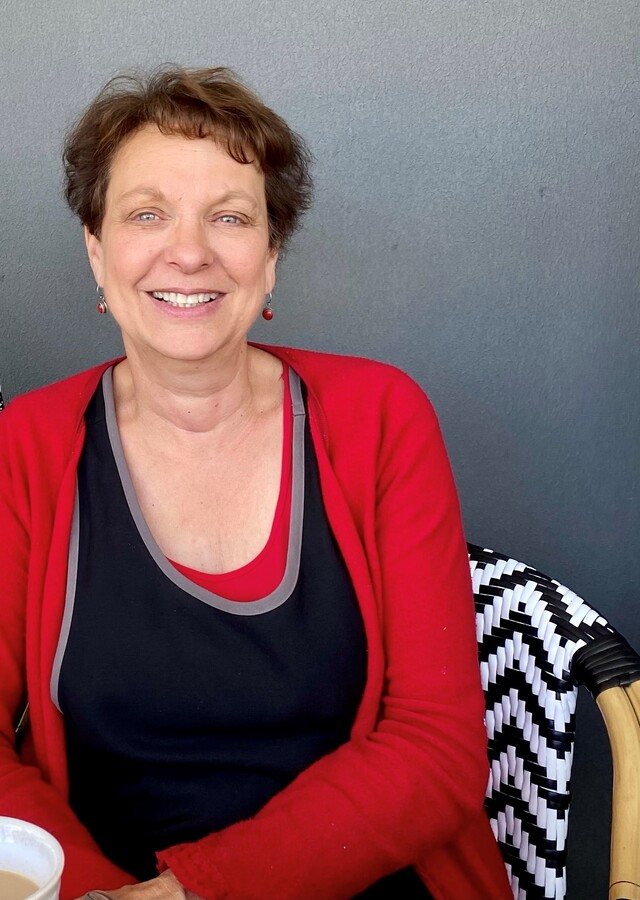By Casey Neill
“The teenage years feature a lot of dysregulation, and we don’t want that to carry forward into adulthood.”
So, Eltham psychologist and author Dr Jari Evertsz says preparing your child for the rough waters of the high school years is essential.
“Every time a teenager lets loose a tirade filled with angry and maybe nasty words, they can’t take it back; it has an impact,” she said.
“Plus, they are creating a new normal for themselves.
“This hardly builds up a good stock of coping responses for them, and it lowers the bar for their expectations of their own behaviour.”
As a therapist within the prison system, Jari observed the result of damage during inmates’ early lives and was inspired to tackle the problem at the source: childhood.
“The teen years feature a ‘cascade’ of destabilising factors for both the children and their parents,” she told Kids.
The child faces a mix of big hormonal changes, a rapidly growing intellect paired with very inexperienced judgement, achievement expectations at school, and social pressures unlike those their parents had.
Meanwhile, parents react to resulting rudeness and disengagement.
“They often feel that they have lost the younger child that they knew so well,” Jari said.
“Reacting to behaviours that develop in the teenage years is only dealing with the tip of the iceberg.”
It’s important to broaden the child’s skills during the primary school years, she said, to include activities that are outside the school realm, and to cement strong bonds with people outside the immediate family.
“This produces a more profound sense of self-confidence while increasing their sense of being supported in the world,” she said.
“That provides a better basis for their empathy, respect, and interconnectedness with generations other than their peers, all of which are often perilously low in teens.”
She also recommended establishing firm but simple and fair boundaries early on.
“Build teamwork and acceptance of responsibility within the home and respond to conflict with calmness, a lack of anger, and a prioritisation of the relationship between you and your teen,” she said.
Jari has drawn on more than 20 years of experience to write ‘The Well-Behaved Teenager (and Other Myths)’.
The book challenges the idea that conflict and disconnection are just part of parenting teens.
It shares science-backed strategies and everyday tools that help families rebuild trust, reduce drama, and raise emotionally skilled, connected young people.









